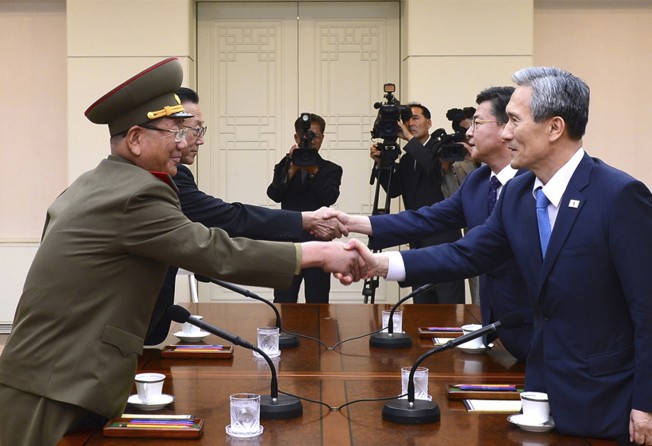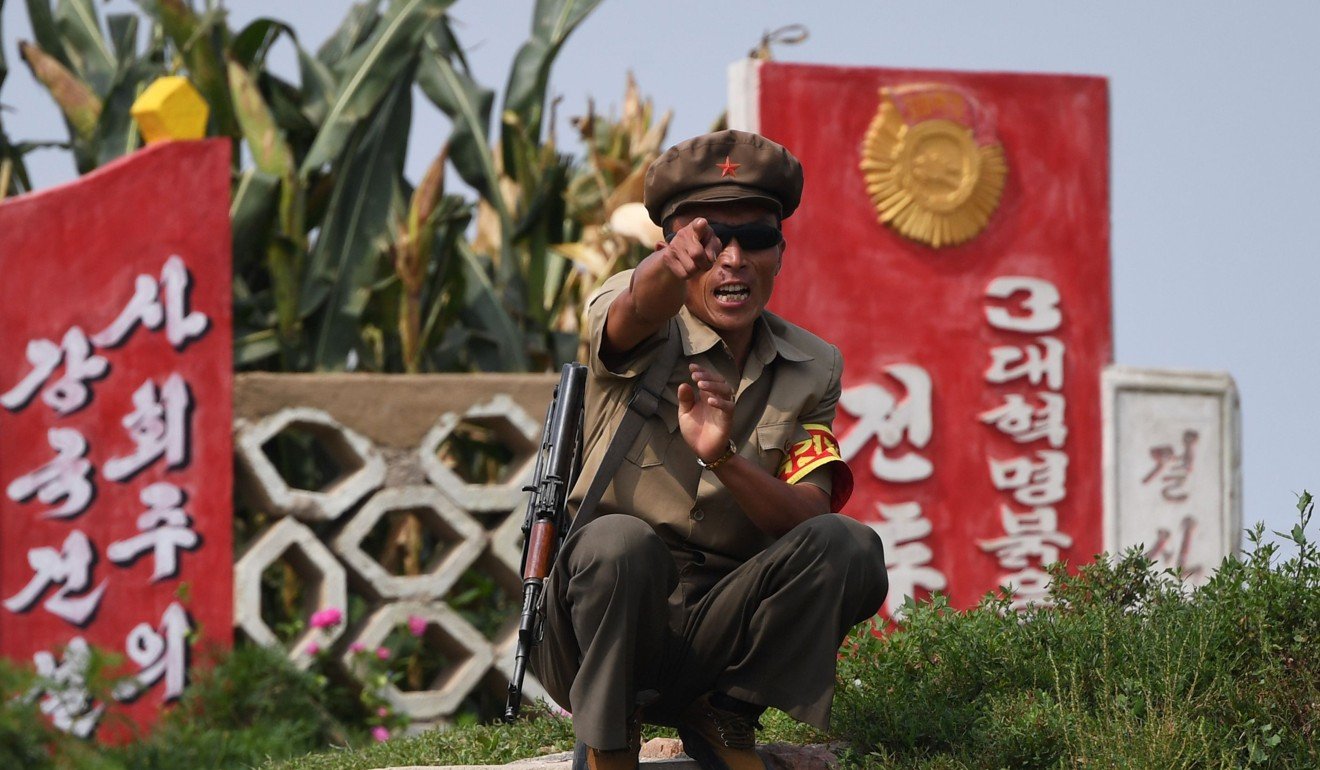North Korea returns to talks with South Korea, this time with higher stakes
Andrew Hammond says the return of inter-Korean dialogue has brought relief, but after so many threats between the North and the US, the failure of these talks may carry much starker consequences this time

Tuesday sees the resumption of high-level bilateral talks between North and South Korea. Pyongyang has offered to send a delegation of athletes to the Winter Olympics hosted by the South, and the two nations have reopened a diplomatic hotline.
Yet, the warming is fragile, and the question remains whether it will be sustained in the face of continuing tensions between the United States and North Korea.
While US President Donald Trump previously said negotiations with North Korea would not work, he cautiously welcomed renewed high-level dialogue between the Koreas. Yet, his own relationship with North Korean leader Kim Jong-un remains in the deep freeze.
Pyongyang appears close to fitting a nuclear warhead to a missile that can strike the US mainland. The US Union of Concerned Scientists has calculated that if its late November missile test had flown a standard trajectory, it would have a range of 13,000km, able to strike Europe, Australia or the whole US.
The Trump team began in late 2017 to build the ground in 2018 for a further tightening of the military and diplomatic screws. Along with continued sanctions diplomacy at the UN, the US plans further tests of the Terminal High Altitude Area Defence missile system in South Korea as a means to potentially intercept missiles launched by the North.
Moreover, recent rhetoric from Trump gives the international community heightened concerns that he might be thinking seriously about a pre-emptive strike in 2018. The US president has repeatedly asserted that “something will have to be done about [the North’s nuclear programme]”.
How do South and North Korea communicate?
Before any significant hawkish actions are taken, however, the Trump team will probably want to be seen to exhaust diplomatic options. Even the cavalier Trump knows it would be wise to bring other parties, especially China, on board for any intensified package of actions. Yet, beyond key regional allies like Japan, others have been reluctant to take too sweeping measures, for fear that Pyongyang will become destabilised.
For Beijing, this risks the North behaving more unpredictably, and possibly imploding. If the North’s communist regime falls, it could undermine the legitimacy of China’s Communist Party. Beijing also fears collapse of its neighbour could lead to instability on the North Korea-China border, a large influx of refugees and emergence of a pro-US successor state.

So China welcomes the “positive things” between North and South Korea. Yet, with the Trump team sceptical, 2018 could yet see tensions again, especially if a chill returns to inter-Korean relations, and Pyongyang conducts more tests underscoring its ability to strike the US homeland.
Andrew Hammond is an associate at LSE IDEAS at the London School of Economics